The new leader of ISIS terrorist group Abu Ibrahim al-Hashimi al-Qurayshi was killed in a daring raid in Syria, President Joe Biden confirmed. According to a statement released by Biden, al-Qurayshi blew himself and his family up during a raid on a house by U.S. commandos in northwest Syria.
The "overnight raid" also killed several civilians. According to initial reports, six children and four women were killed during the mission. Biden said the operation shows the United States' "reach and capability to take out terrorist threats" around the world. In his statement Biden said al-Qurayshi was 'taken off the battlefield.'
Big Kill
Confirming the death of al-Qurayshi Biden said, "He chose to blow himself up – not just with a vest, but to blow up that third floor – rather than face justice for the crimes he has committed, taking several members of his family with him." However, he directly didn't name al-Qurayshi.
"I'm determined to protect the American people from terrorist threats, and I'll take decisive action to protect this country," Biden added.
During the raid, which featured 24 Special Operations commandos backed by assault jets, Reaper drones, and helicopter gunships, thirteen people were murdered, including six children and four women.
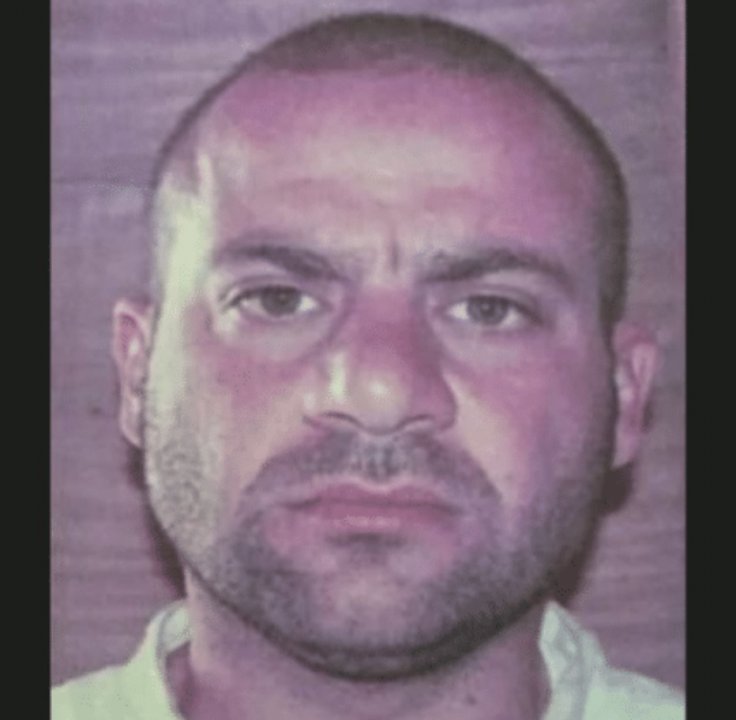
According to a photo given by the administration, Biden, Vice President Kamala Harris, and national security aides watched a live-feed of the operation from the White House Situation Room.
Biden said he would give more details later on Thursday morning.
The ISIS leader was taken down in a bloody battle. "At the beginning of the operation, the terrorist target exploded a bomb that killed him and members of his own family, including women and children," a senior administration official said.
Planned Raid
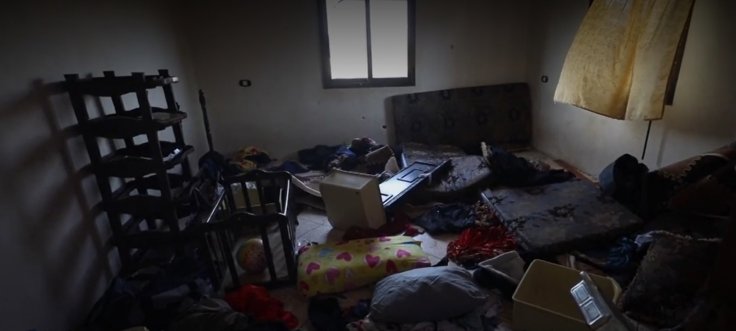
The operation took place near Syria's Turkish border in the hamlet of Atmeh. This is also the largest raid in the province since the US attack in 2019 on then-ISIS leader Abu Bakr al-Baghdadi, who blew himself up as US soldiers approached.
Wednesday night's attack was fiercer. According to reports, US special troops arrived in helicopters and assaulted the house in a rebel-held part of Syria near the Turkish border, fighting gunmen for two hours.
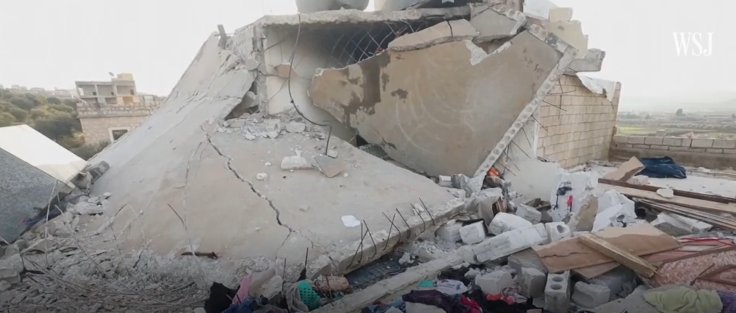
The ISIS leader was reportedly hiding in the house. Following the raid, he blew himself up along with his family.
The top level of the two-story house was completely shattered in the blast, and blood was splattered throughout when commandos entered the remains. Several residents reported seeing body parts spread near the scene.
Abu Ibrahim al-Hashimi al-Qurashi, also known as Abdullah Qardash or Hajji Abdullah, became the leader of the ISIS terrorist organization after former leader Abu Bakr al-Baghdadi blew himself up in a similar raid by U.S. forces in 2019 in the nearby town of Barisha.
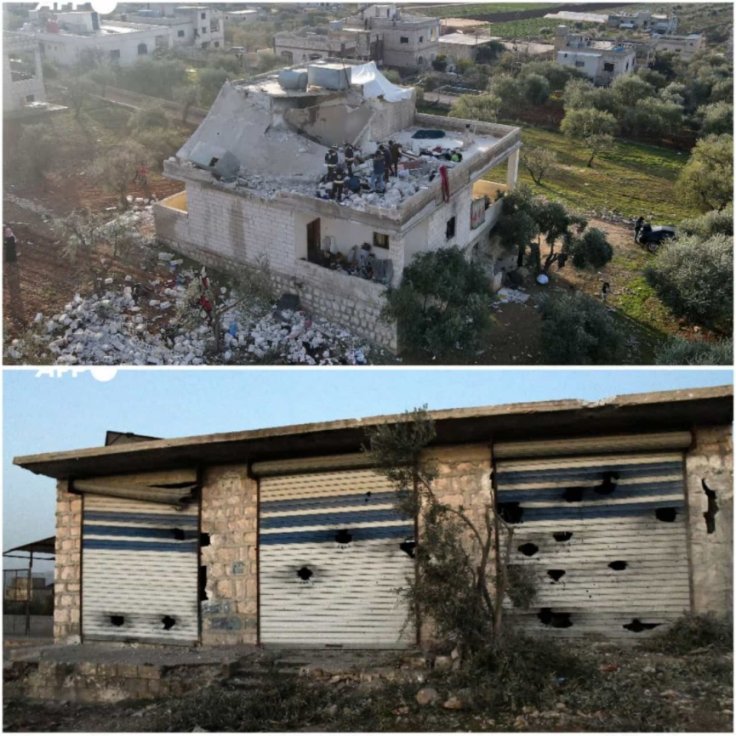
The raid was carried out in a similar manner to the raid that led to Osama Bin Laden's death in 2011.
There have been recent clashes between ISIL and the US-backed Syrian Democratic Forces (SDF), including an attempt by ISIL in January to break thousands of its supporters out of a prison in Hassakeh in northeast Syria in a coordinated offensive that sparked days of fierce combat.
Air attacks were carried out by a US-led coalition, and US personnel in Bradley Fighting Vehicles were deployed to assist Kurdish forces in repelling the attack. In ISIL's most daring offensive in years, hundreds were killed and tens of thousands fled, and the combat has since continued.
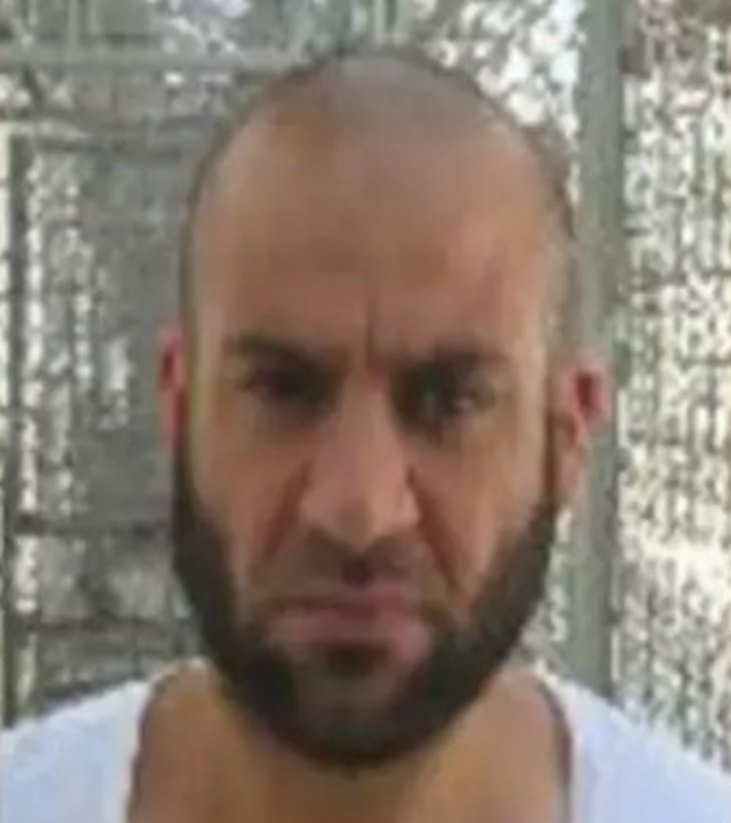
Social media and witness accounts suggest that Wednesday night's battle lasted around two hours, with jihadist fighters attempting to repel the US commandos with rocket-propelled grenades and machine guns.
Al-Qaida and its affiliates, particularly Hayat Tahrir al-Sham (HTS), control Idlib, which is home to several key al-Qaida operatives.
Other militants, including ISIS members, have taken up residence in the territory, which is largely controlled by Turkey-backed fighters.









